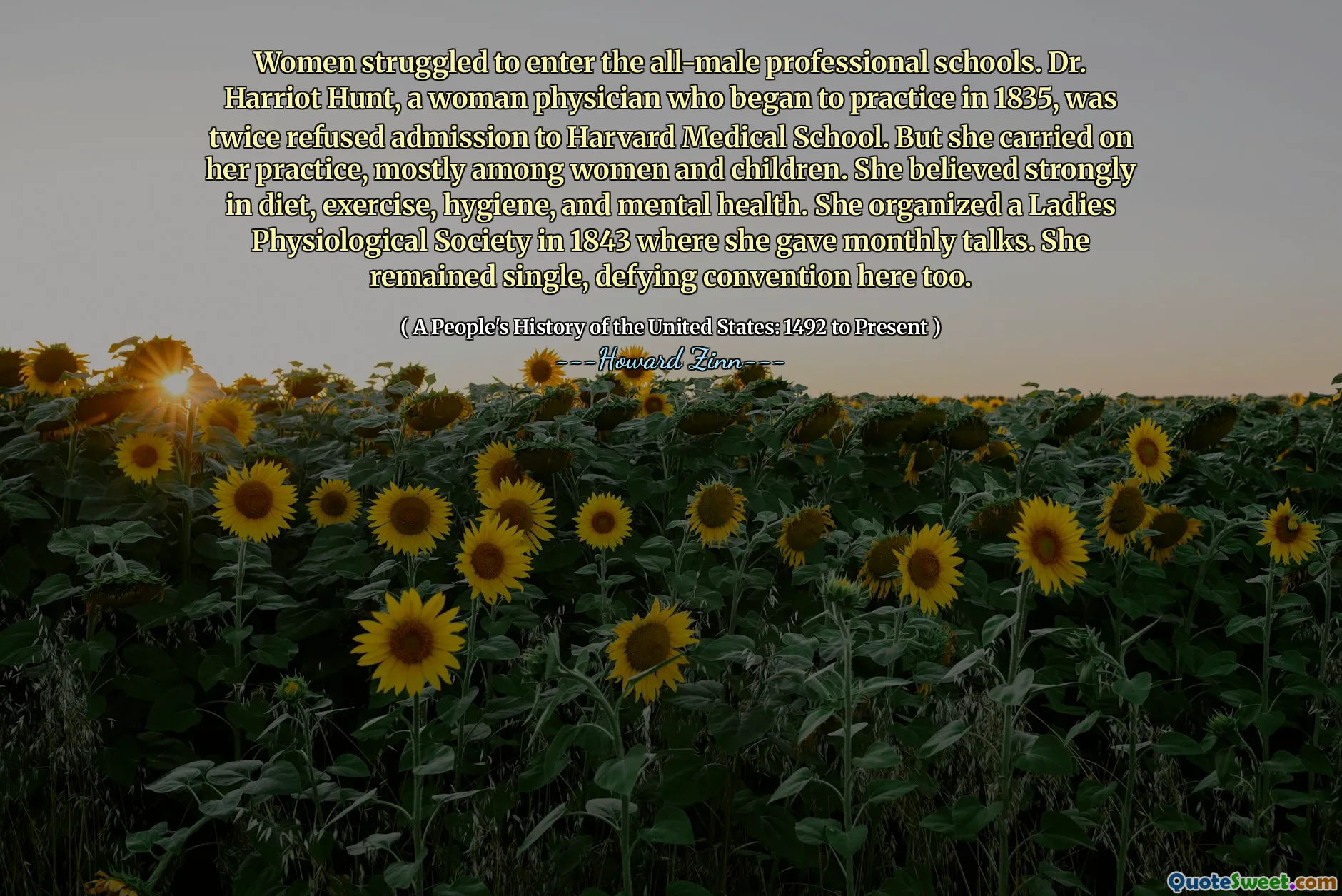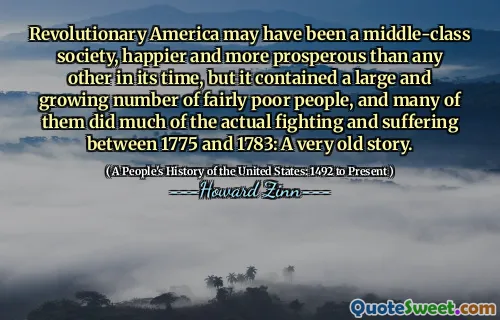
Women struggled to enter the all-male professional schools. Dr. Harriot Hunt, a woman physician who began to practice in 1835, was twice refused admission to Harvard Medical School. But she carried on her practice, mostly among women and children. She believed strongly in diet, exercise, hygiene, and mental health. She organized a Ladies Physiological Society in 1843 where she gave monthly talks. She remained single, defying convention here too.
The story of Dr. Harriot Hunt exemplifies the resilience and determination of women challenging societal and institutional barriers in the 19th century. Her persistent efforts to break into the male-dominated field of medicine highlight the broader struggle for gender equality in professional realms. Despite facing rejection from prestigious institutions like Harvard Medical School, Hunt did not allow these setbacks to deter her mission. Instead, she focused on practicing medicine within her capacities and fostering community among women and children, recognizing the importance of health education at grassroots levels. Her belief in holistic health practices—diet, exercise, hygiene, and mental well-being—foreshadows modern integrative health approaches. Organizing the Ladies Physiological Society in 1843 was a visionary step, creating a platform for women to learn, share, and advocate for their health and rights. Her decision to remain single was another act of defiance against societal expectations, affirming her autonomy and commitment to her professional identity and personal independence. This narrative exemplifies the intersection of gender, professionalism, and societal norms, emphasizing the importance of perseverance and pioneering spirit in challenging entrenched discrimination. Her legacy inspires ongoing efforts toward gender equity in healthcare and beyond, reminding us that progress often requires courage, resilience, and unwavering belief in the right to contribute meaningfully to society.








